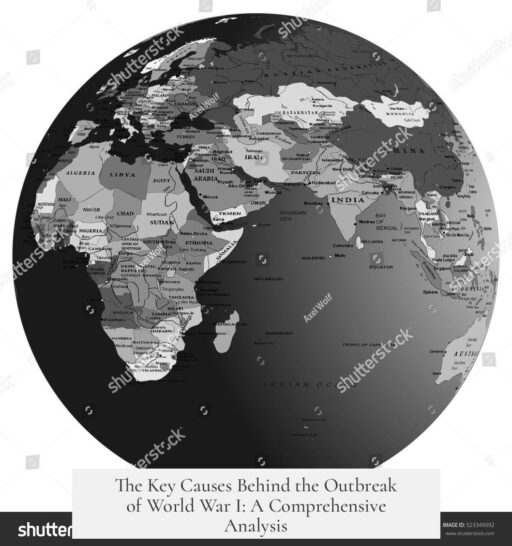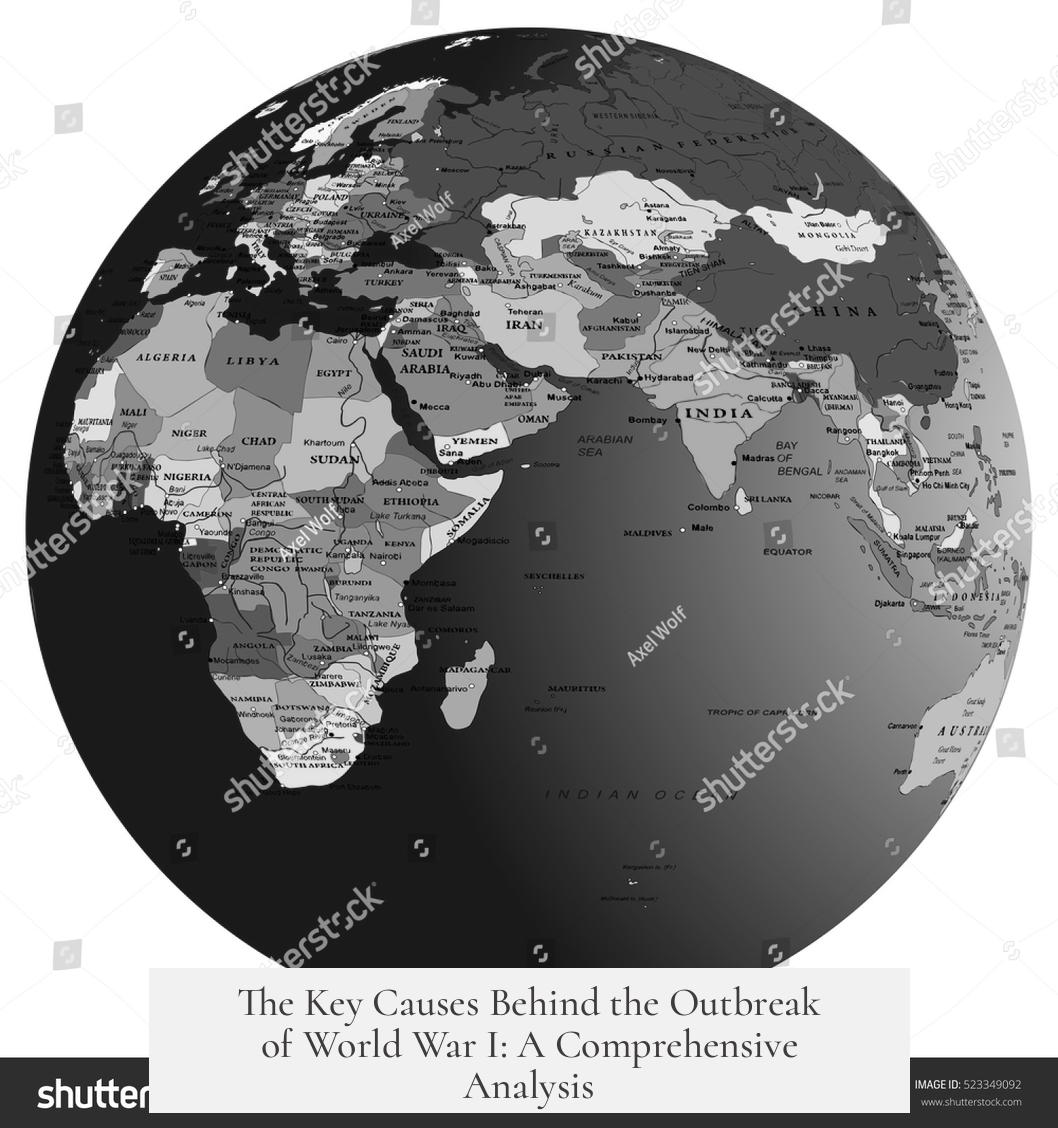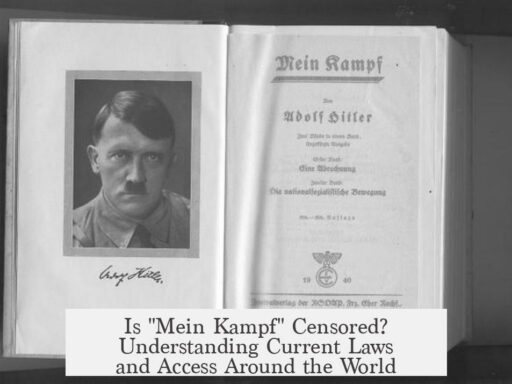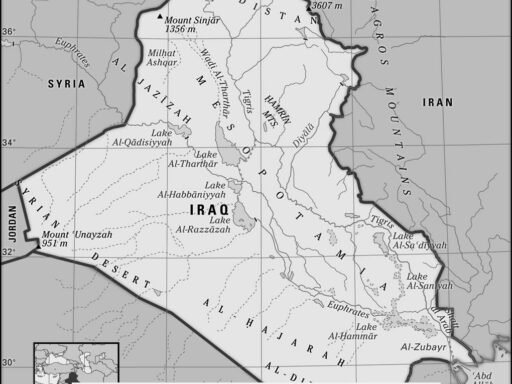World War 1 started primarily due to complex alliances, rising nationalism, and power shifts destabilizing Europe, culminating in the assassination of Archduke Franz Ferdinand in 1914. This event triggered a chain reaction among Europe’s interlinked alliances, leading to the outbreak of war.
The 19th century saw the Concert of Europe attempt to maintain peace through an informal understanding among powers. This system, centered on balance of power, helped keep wars contained and avoided large-scale conflicts after the Napoleonic Wars.
The Concert of Europe worked by balancing national ambitions against each other. Key European countries agreed to limit conflicts and prevent wars involving all powers. Though imperfect, it largely succeeded for much of the 19th century, with exceptions like the Crimean War.
However, this balance started to unravel with Germany’s unification in 1871. The new German Empire rapidly rose to become a dominant force, challenging the old balance maintained by the Concert. Germany’s strength worried other powers, particularly Britain and France.
The rising tension led to the creation of interlocking alliances:
- The Triple Entente: Britain, France, and Russia united to counter German and Austro-Hungarian influence.
- The Triple Alliance: Germany, Austria-Hungary, and Italy joined forces for mutual defense.
These alliances created a web where a conflict involving one power could quickly involve many others. Trust eroded, diplomacy became difficult, and suspicion grew.
The immediate trigger came in 1914 with the assassination of Archduke Franz Ferdinand of Austria-Hungary. He was killed by Gavrilo Princip, a member of Young Bosnia, a nationalist group wanting independence from Austro-Hungarian rule.
Young Bosnia was linked to the Black Hand, a larger Serbian nationalist organization advocating Serbian freedom. The Black Hand had ties to elements within the Serbian government, which Austria-Hungary saw as culpable for the assassination.
In response, Austria-Hungary issued harsh demands to Serbia, many deemed impossible to accept. When Serbia resisted some demands, Austria-Hungary declared war. This action quickly pulled its allies and opponents into the conflict.
Russia mobilized to support Serbia. Germany declared war on Russia and France. Britain entered the war after Germany invaded Belgium. Thus, a localized dispute escalated into global warfare.
| Factor | Explanation |
|---|---|
| Concert of Europe | An informal 19th-century peace system that kept major wars limited through balance of power diplomacy. |
| German Empire Formation | Shifted European power dynamics, breaking the Concert and leading to competing alliances. |
| Alliance Systems | Complex interlocking treaties that turned regional conflicts into widespread war. |
| Assassination of Archduke Ferdinand | The spark in 1914 that set off Austria-Hungary’s war declaration against Serbia. |
| Nationalism | Groups like Young Bosnia and the Black Hand pushed to remove imperial control, increasing tensions. |
Nationalism played a key role. Groups within multinational empires sought independence or dominance. Austria-Hungary and the Ottoman Empire faced constant internal and external pressures from nationalist movements.
Additionally, militarism and arms races amplified fears. Nations built large armies and navies, preparing for possible conflict. This buildup increased the chance that any crisis could escalate quickly.
Diplomatic failures compounded problems. Misunderstandings and rigid mobilization schedules prevented peaceful resolution. Leaders often believed war was inevitable or even necessary to preserve national honor and power.
The assassination was not the sole cause but a catalyst exposing the fragility of European politics. The unresolved rivalries, fears, and ambitions behind alliances led to a domino effect after 1914.
The war that followed involved many nations across continents. It reshaped borders, societies, and international relations profoundly.
- The Concert of Europe sought peace but struggled against changing power balances by the 20th century.
- German unification triggered new alliances, increasing tensions and dividing Europe.
- Nationalist movements undermined imperial control and fueled rivalries.
- The assassination of Archduke Franz Ferdinand sparked the immediate conflict between Austria-Hungary and Serbia.
- Mutual defense alliances transformed a regional crisis into a global war.
Why Did WW1 Start? Unpacking the Spark That Lit the European Powder Keg
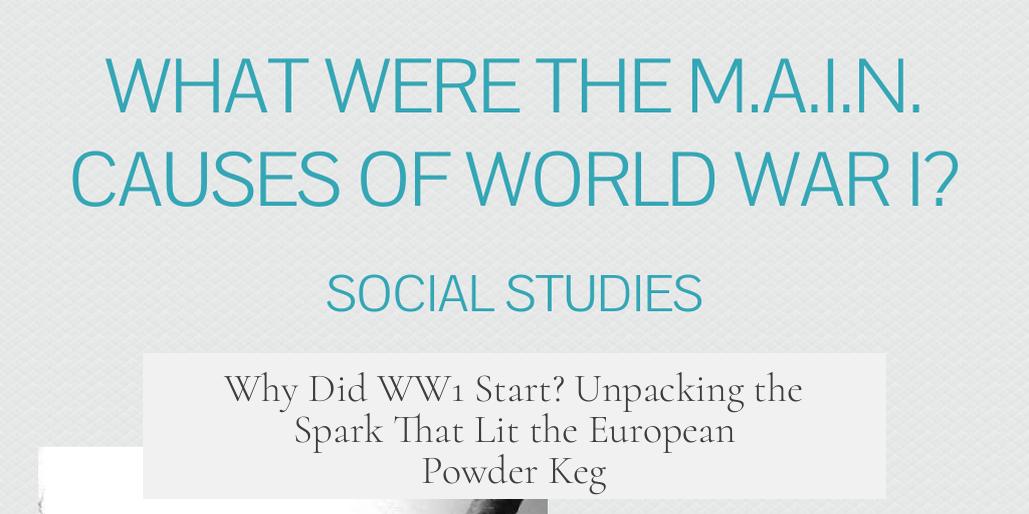
World War I started due to a tangled web of alliances, rising national powers, and a deadly assassination that kicked off a destructive chain reaction across Europe. But that’s just the top-level view. Let’s peel back the layers to understand why this massive conflict erupted in 1914, despite European efforts to avoid another major war.
Europe’s 19th Century Hope: The Concert of Europe
After the Napoleonic Wars caused chaos, European powers gathered to find a way to keep the peace. Out of these efforts emerged the Concert of Europe, a kind of international gentlemen’s agreement. The goal? Prevent any big wars that would rival Napoleon’s devastating campaigns. This informal pact didn’t come with fancy meetings or treaties like the United Nations today but relied on shared interest and the balance of power doctrine.
Think of it like neighborhood watch for powerful kings and emperors. Each kept an eye on the others to avoid anyone gaining too much influence. This system worked surprisingly well for decades. There were, of course, blips like the Crimean War, but nothing came close to a continental showdown.
But Then Came the Game-Changer: The Rise of Germany
Then history threw a curveball. In 1871, the German Empire emerged following the unification under Otto von Bismarck. Suddenly, there was a new powerhouse on the European stage, disrupting the delicate balance. Germany wasn’t just strong economically; it was militarily aggressive, and that unsettled everyone, especially Britain and France.
Old friends started making new friends, creating a complex web of alliances. The UK and France teamed up to keep Germany in check. Germany, in turn, had Austria-Hungary and Russia in their corner—well, sort of. The alliances were messy and often contradictory. For example:
- The UK, France, and Russia formed the Triple Entente.
- Germany, Austria-Hungary, and Italy made up the Triple Alliance.
- The Ottoman Empire’s involvement complicated things further.
This alliance dance was like an elaborate game of chess. If one piece fell—or moved unexpectedly—the entire board could collapse.
The Deadly Domino: Assassination of Archduke Franz Ferdinand
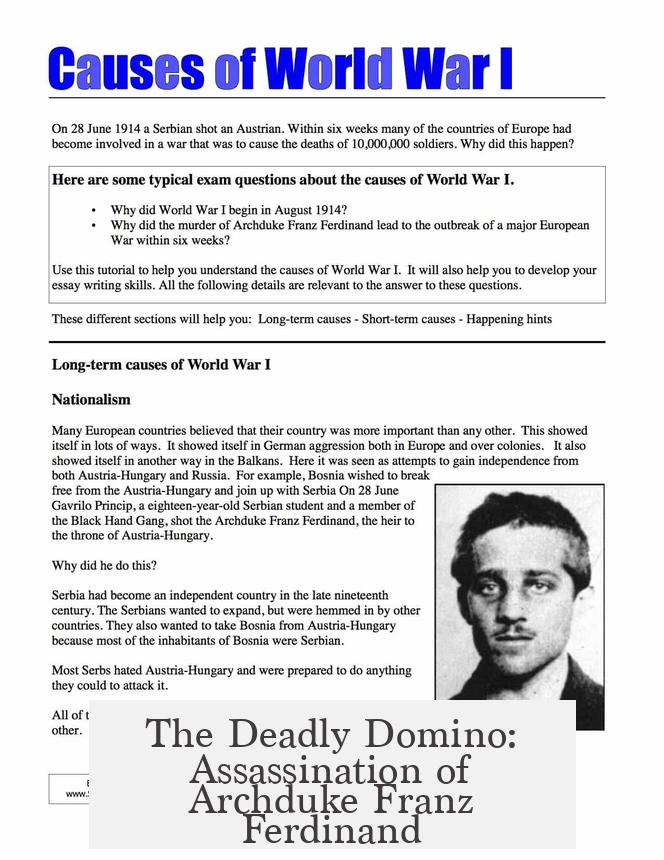
Then, on June 28, 1914, a single bullet changed everything. Archduke Franz Ferdinand of Austria-Hungary was assassinated in Sarajevo. His assassin? Gavrilo Princip, a member of Young Bosnia, a group aiming to free Bosnia from Austro-Hungarian control.
But Princip wasn’t acting alone. His group was closely tied to the Black Hand, a secret Serbian organization advocating for Slavic independence.
Austria-Hungary directly blamed Serbia for the assassination, accusing the Serbian government of complicity. This accusation came with a hefty ultimatum—full compliance with demands that Serbia could hardly accept, and war looming over the horizon if they refused.
Why Did That Set Off a World War?
To outsiders, this might seem like an overreaction. But remember those alliances? Austria-Hungary expected Germany’s backing. Serbia, feeling cornered, looked to Russia for protection. Then Russia mobilized its forces to defend Serbia. Germany, seeing Russia move, prepared for war. France and Britain joined next, tied by their agreements and fears over the balance of power.
This rapid escalation turned what might have been a local conflict into a global meltdown. Every power wanted to keep influence, prestige, and survival intact. Before the guns fell silent, millions were caught in what became World War I.
Lessons in Balance—and Imbalance
The Concert of Europe hoped to stop exactly this kind of disastrous scenario. It tried to manage rivalry through balance. However, as the 20th century approached, that balance cracked under new political ambitions and nationalistic fervor.
This failure to maintain peace shows how important adaptable diplomacy and clear communication are when multiple powerful nations have stakes that overlap.
Could WW1 Have Been Avoided?
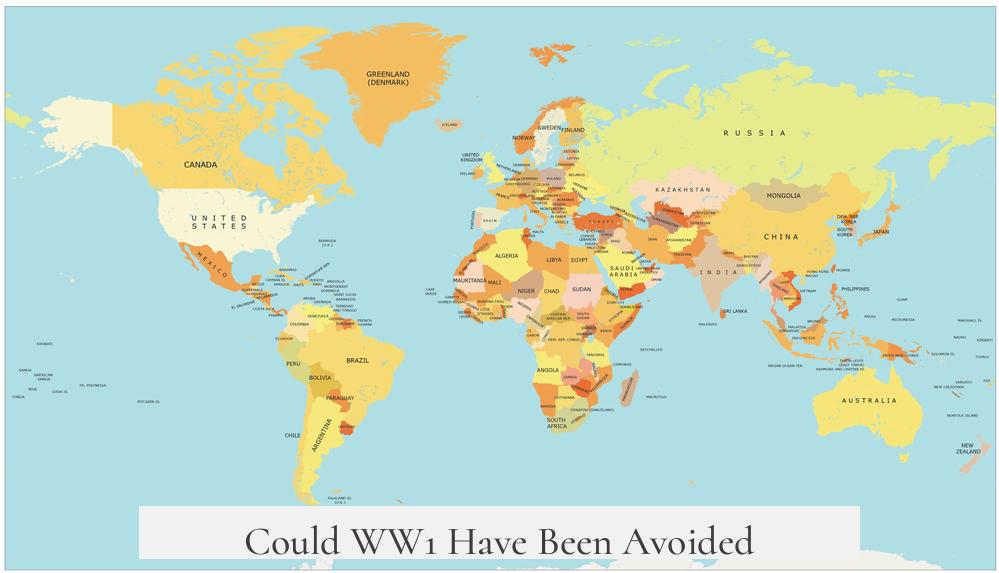
That’s a question historians love debating. If the assassination hadn’t happened? Maybe. If Austria-Hungary had dealt with Serbia differently? Possibly. If alliances were less rigid? There’s a chance, too. But with the volatile mix of rising powers and nationalism, many believe some kind of conflict was inevitable.
What really matters today? Understanding that even small events—like a lone assassin’s bullet—can ignite widespread disaster when tension simmers unchecked. The alliances, ambitions, and misunderstandings formed a perfect storm no single country could contain.
Final Thoughts: What Can We Learn?
- Balance is fragile. Europe’s Concert of power worked but needed updates to survive rising nationalism and militarism.
- Complex alliances are risky. The tangled friendship web made localized conflicts global fast.
- Small actions can have huge consequences. The assassination was a tipping point, not the root cause.
- Diplomacy matters. Communication and compromise could delay or prevent conflict.
In the end, WW1 didn’t start overnight. It was the result of decades of shifting power, complex alliances, imperial ambitions, and a spark that nobody saw coming until it was too late.
So next time you wonder why WW1 started, remember: it’s not just about one bullet or one empire. It’s about a whole tinderbox of tensions waiting for a match.
